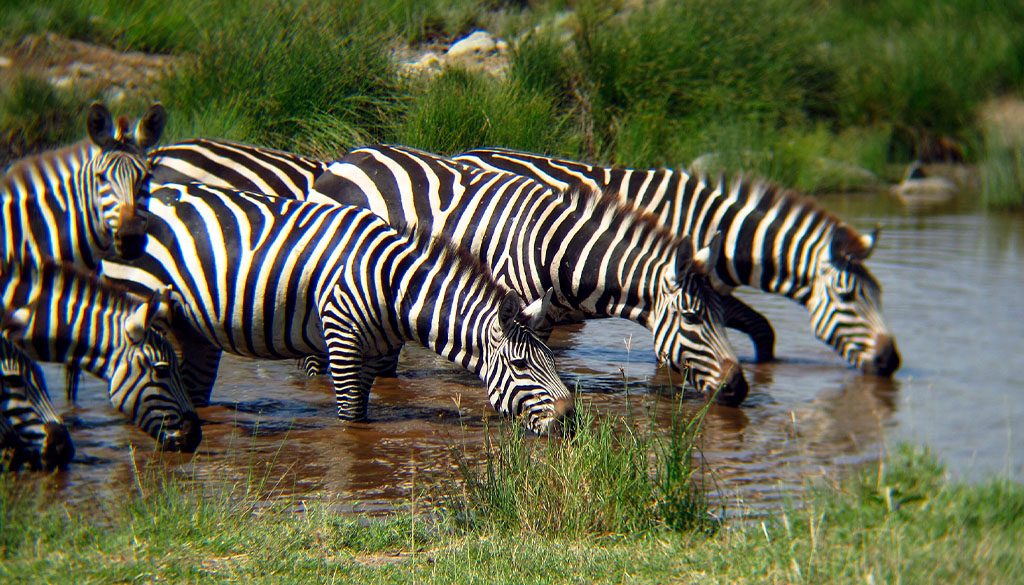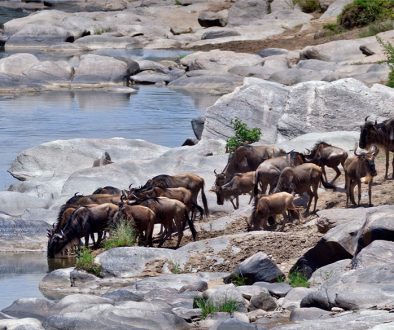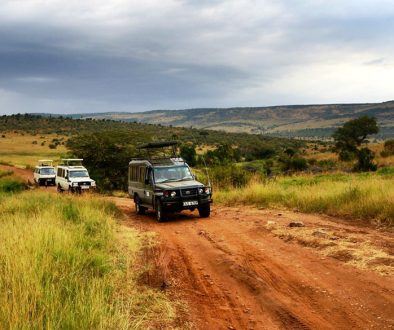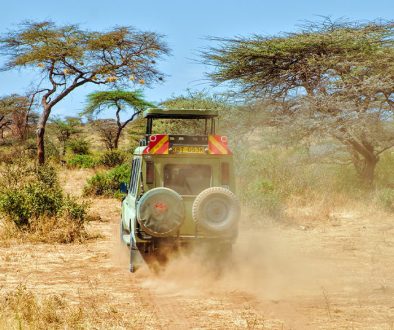Tanzania, a jewel in Africa’s crown, beckons adventurers with its breathtaking landscapes, abundant wildlife, and vibrant culture. Delving into Tanzania’s safari circuits offers an unparalleled journey through nature’s wonders. Here, we unravel the distinctions between the Northern and Southern Routes to guide you in choosing the safari of your dreams. .
What Are Tanzania’s Circuits?
Tanzania boasts two primary safari circuits: the northern and southern circuits. These circuits delineate the coverage of the country’s renowned national parks, each offering distinct experiences and landscapes.
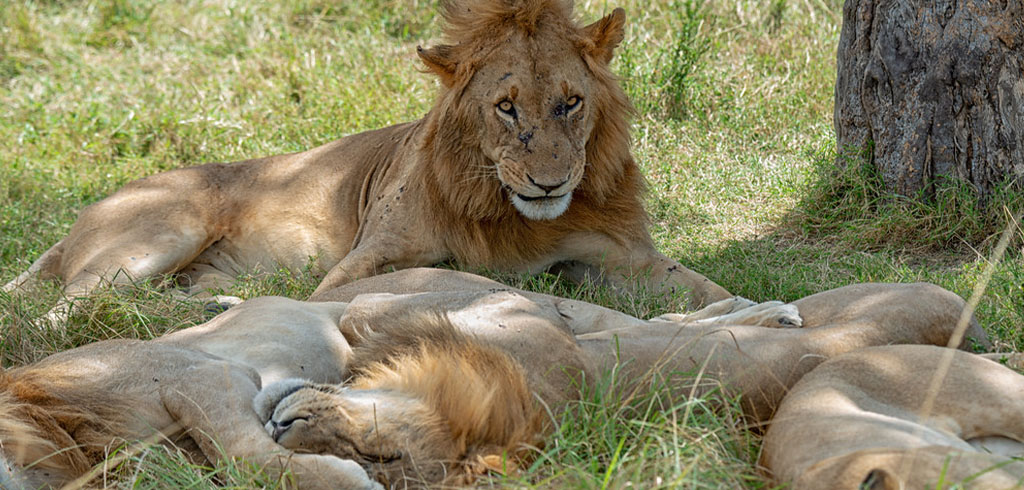
Differences Between the Circuits
Accessibility:
The northern circuit provides easier access to national parks, with shorter travel distances between destinations. Conversely, the southern circuit requires fly-in safaris due to its remote location, adding to the overall cost and logistics of the journey.
Cost:
Opting for the southern circuit tends to be pricier due to the necessity of fly-in safaris and fewer available flights. On the other hand, the northern circuit offers more budget-friendly options and better accessibility, making it a cost-effective choice.
Crowds:
The northern circuit draws larger crowds, thanks to its popular attractions like the Serengeti and Ngorongoro Crater. In contrast, the southern circuit offers a more secluded experience, allowing travelers to immerse themselves in the wilderness with fewer fellow safari-goers.
Wildlife:
While both circuits offer exceptional wildlife encounters, the northern circuit boasts higher concentrations of game, including the renowned Big 5. Conversely, the southern circuit presents a more rugged landscape, with wildlife that may be harder to spot but equally captivating.
Destinations on the Northern Circuit
Arusha National Park:
Arusha serves as the gateway to Tanzania’s northern safari circuit, characterized by verdant farmlands and moderate climates. Visitors often spend nights at luxurious accommodations nestled amidst picturesque coffee plantations before venturing deeper into the country. Arusha National Park, often overlooked, teems with diverse wildlife amidst its varied landscapes, ranging from hippos to elephants to elusive leopards.
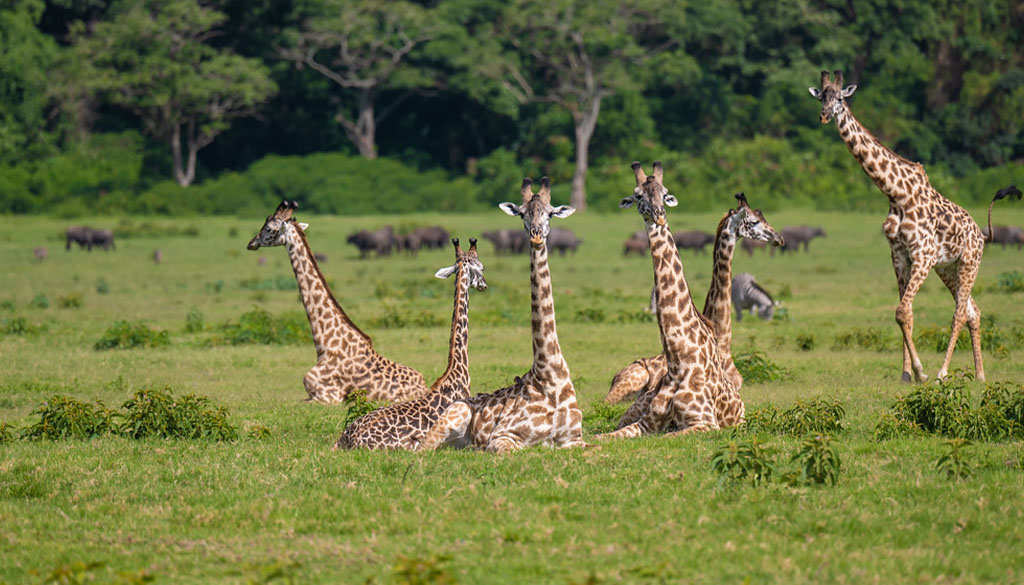
Serengeti National Park:
The Serengeti National Park stands as a titan in the safari realm, renowned for the annual Great Wildebeest Migration and year-round game viewing opportunities. Beyond wildlife spectacles, visitors can partake in captivating hot-air balloon excursions and cultural immersions with the Maasai people, experiencing the unparalleled allure of the Serengeti.
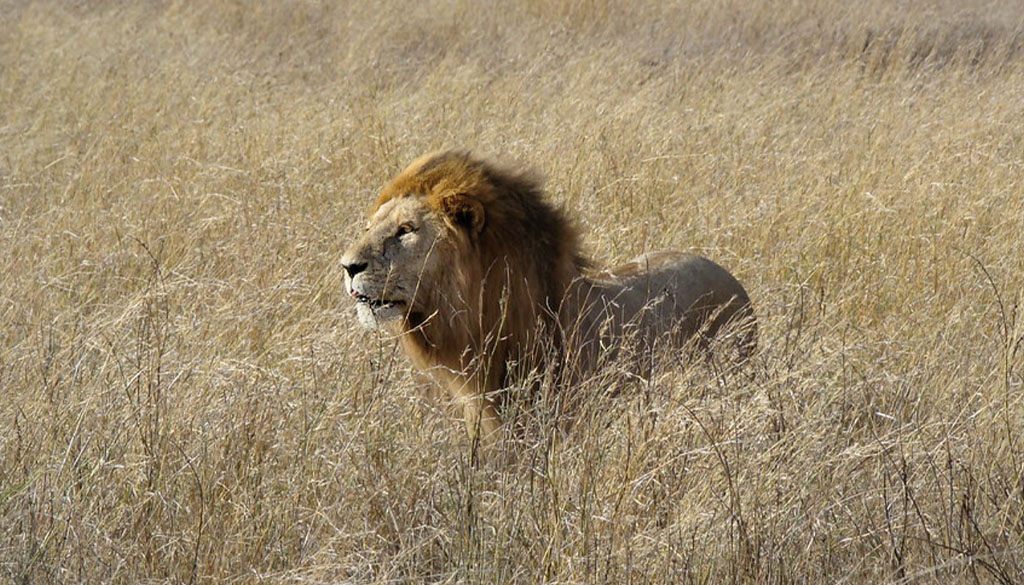
Ngorongoro Conservation Area:
Home to the world’s largest intact volcanic caldera, the Ngorongoro Conservation Area offers superlative safari experiences, boasting a plethora of wildlife within its UNESCO-designated confines. Amidst the ancient caldera, visitors encounter the coveted Big 5 amidst breathtaking scenery, with diverse recreational activities including crater rim walks, wilderness hikes, and cultural encounters enriching the experience.
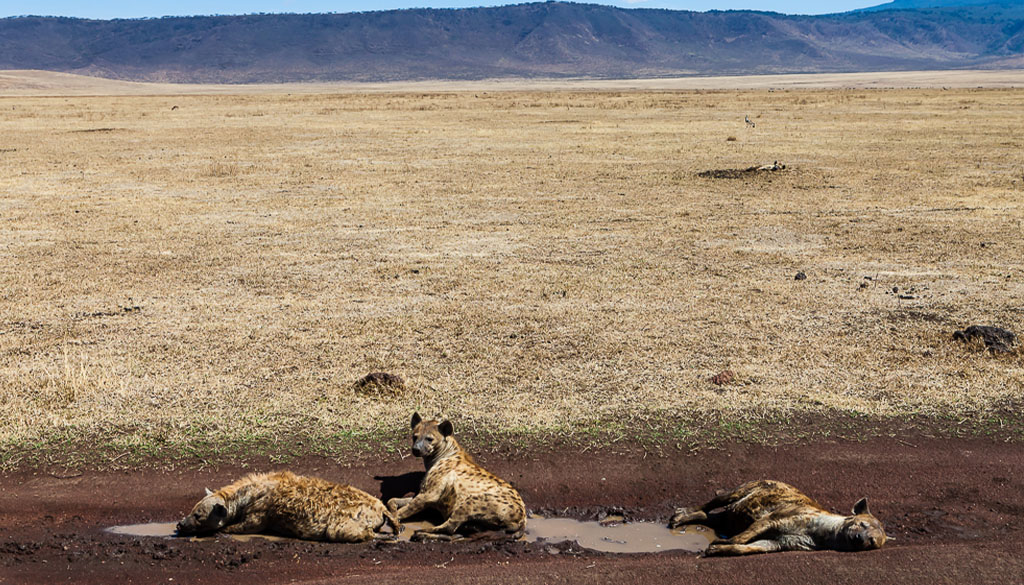
Mount Kilimanjaro & Mount Meru:
The iconic peaks of Mount Kilimanjaro and Mount Meru punctuate northern Tanzania’s landscape, offering awe-inspiring vistas and premier trekking opportunities. While scaling Kilimanjaro represents a formidable challenge, embarking on Mount Meru’s trails provides a captivating alternative, both rewarding trekkers with unparalleled panoramas.
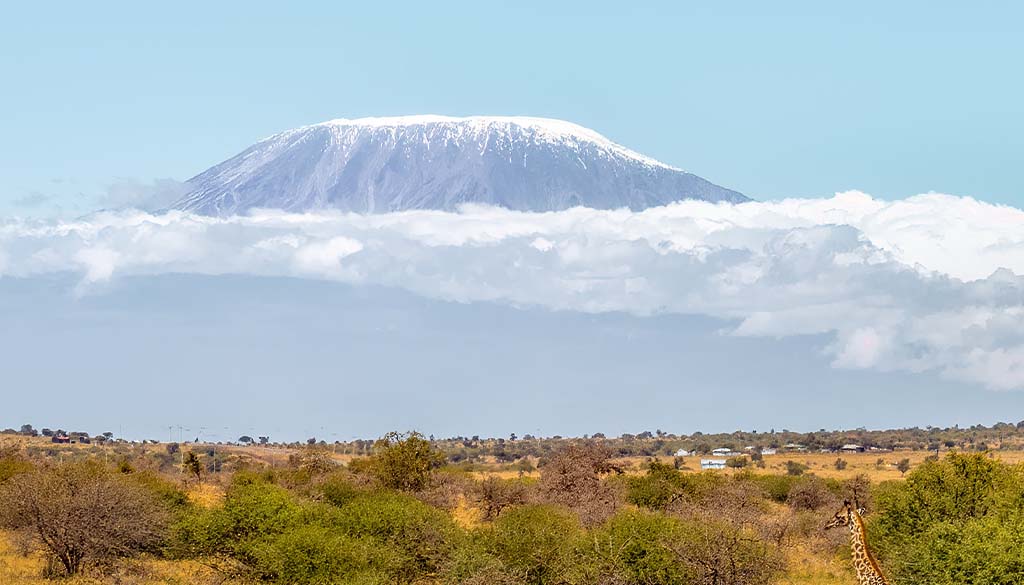
Tarangire National Park:
Despite its overshadowed status, Tarangire National Park offers unparalleled safari experiences, characterized by abundant wildlife sightings amidst serene landscapes. With minimal crowds, visitors enjoy prime game viewing opportunities, particularly encountering Tarangire’s renowned elephant herds and unique tree-climbing lions.
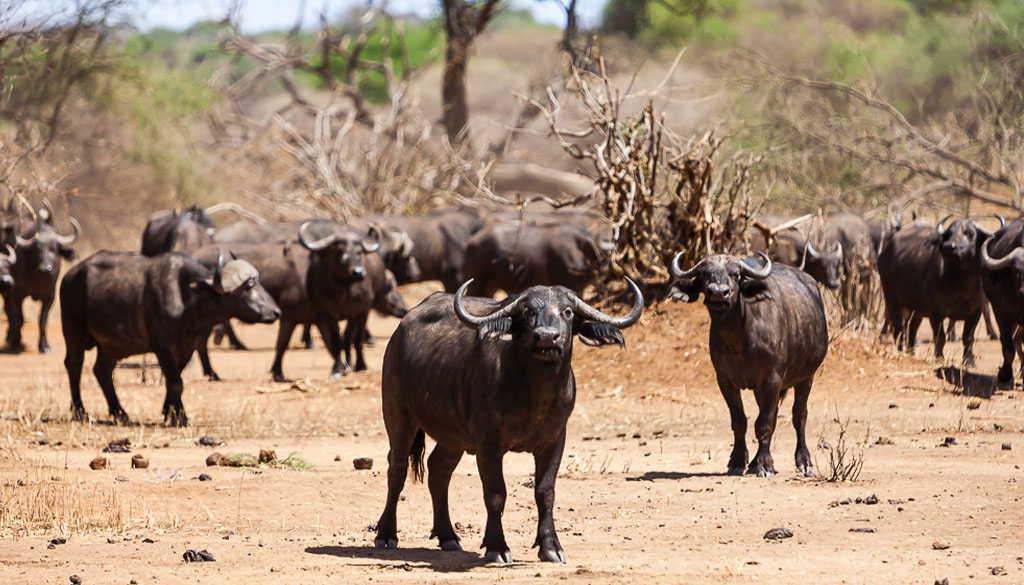
Destinations on the Southern Circuit
Dar Es Salaam:
As Tanzania’s largest city and logistical hub, Dar Es Salaam serves as the gateway to the southern circuit and Zanzibar’s pristine beaches. While bustling with urban energy, the city’s true allure lies in its proximity to natural wonders, beckoning travelers to venture beyond its confines.
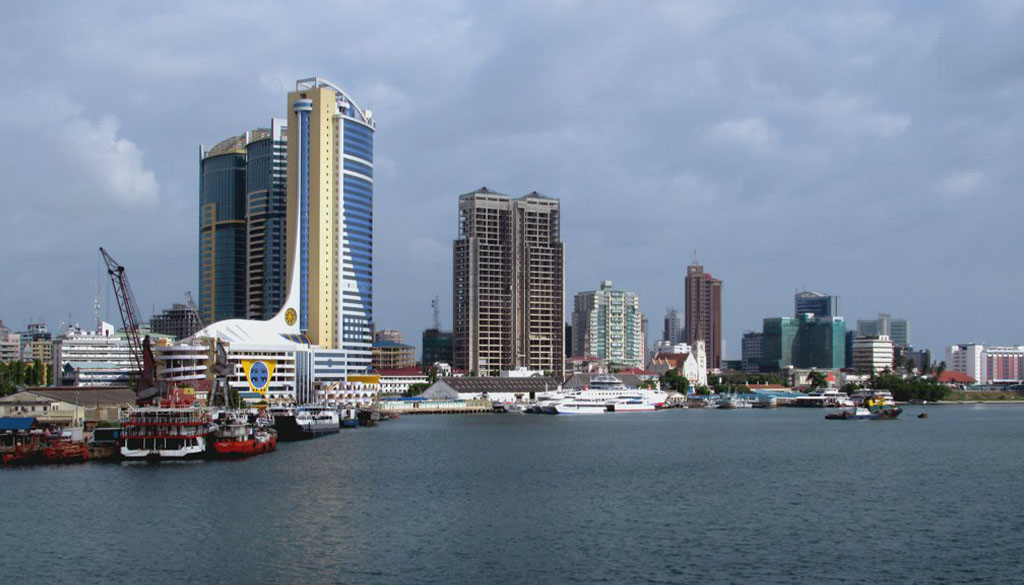
Nyerere National Park:
Formerly known as Selous Game Reserve, Nyerere National Park stands as Africa’s largest, offering unparalleled wildlife encounters along the Rufiji River. Teeming with diverse fauna, including the Big 5 and endangered wild dogs, Nyerere promises exceptional game viewing in an off-the-beaten-path locale.
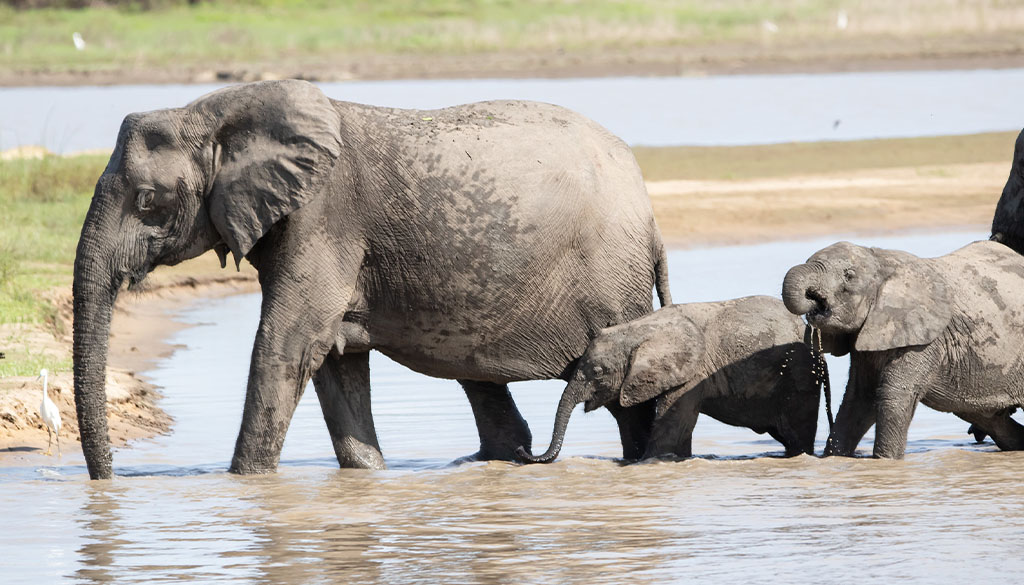
Ruaha National Park:
A well-kept secret, Ruaha National Park captivates visitors with its unspoiled landscapes and abundant wildlife. Home to East Africa’s largest elephant herds and thriving big cat populations, Ruaha offers exclusive safari experiences amidst riverside lodges and tented camps.
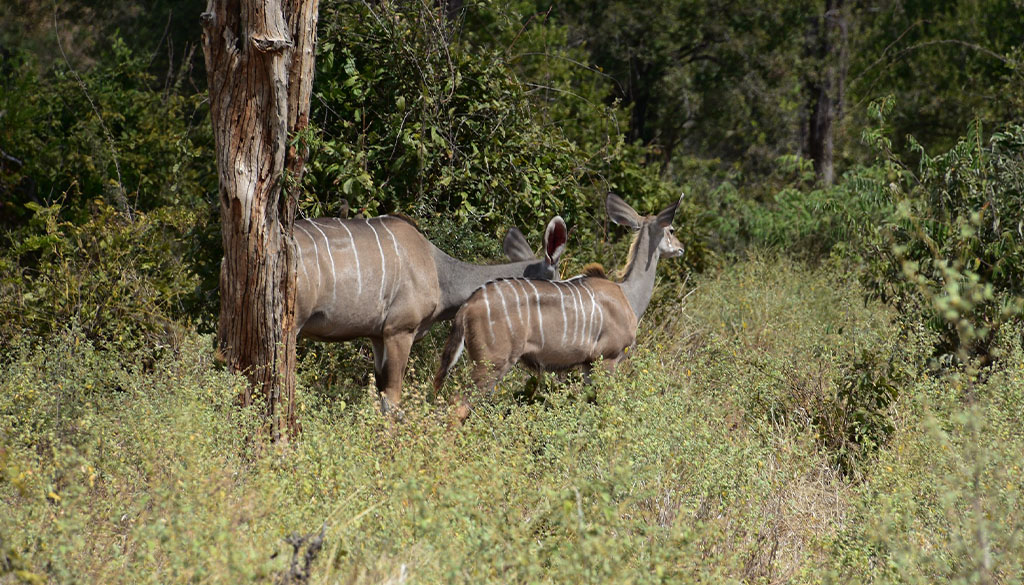
Mahale Mountains National Park:
Renowned for its pristine forests and chimpanzee habitats, Mahale Mountains National Park offers a magical retreat within Tanzania’s southern circuit. Protecting thousands of chimpanzees, the park invites visitors to engage in primate trekking amidst scenic lakeside vistas, accentuated by Lake Tanganyika’s tranquil waters.
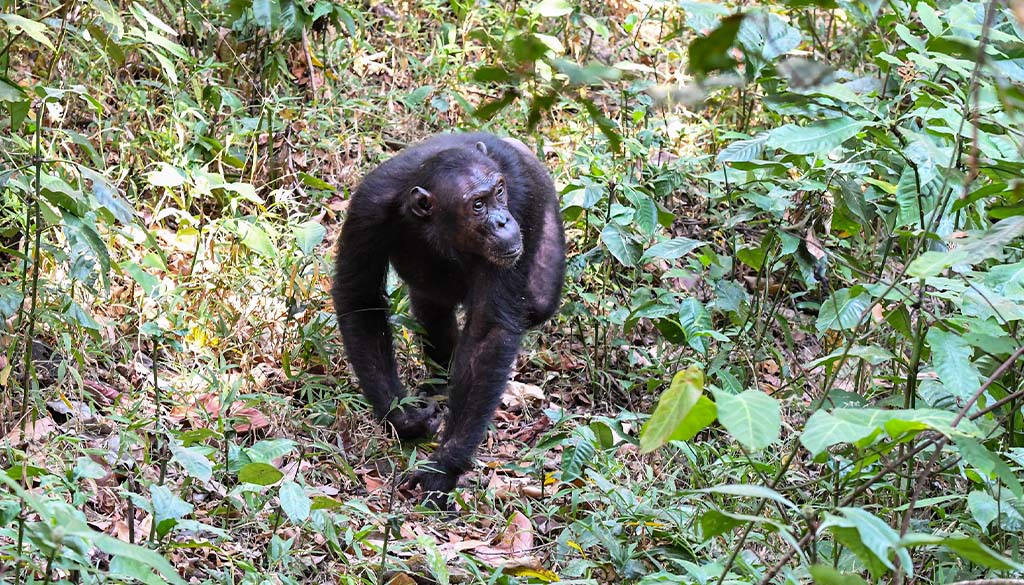
Zanzibar:
While not part of the traditional southern Tanzania safari circuit, Zanzibar serves as a convenient extension to itineraries, offering a tranquil respite after bush adventures. With idyllic beaches, spice tours, and vibrant markets, Zanzibar promises a blend of relaxation and cultural exploration.
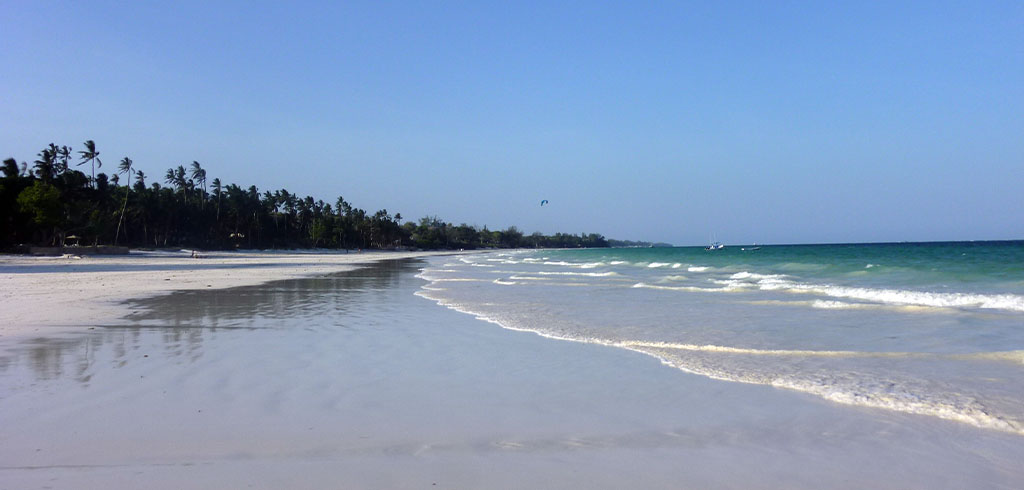
Determining the Ideal Safari Experience: Northern vs. Southern Tanzania.
The choice between the northern and southern circuits hinges on individual preferences. The northern circuit appeals to first-time safari-goers seeking iconic Tanzanian experiences, such as those offered by the Serengeti and Mount Kilimanjaro. Conversely, the southern circuit caters to seasoned travelers seeking off-the-beaten-path encounters amidst unspoiled wilderness areas like Ruaha and Nyerere.
For those with the means, combining both circuits offers the ultimate luxury safari experience, encompassing the best of Tanzania’s diverse landscapes and wildlife.
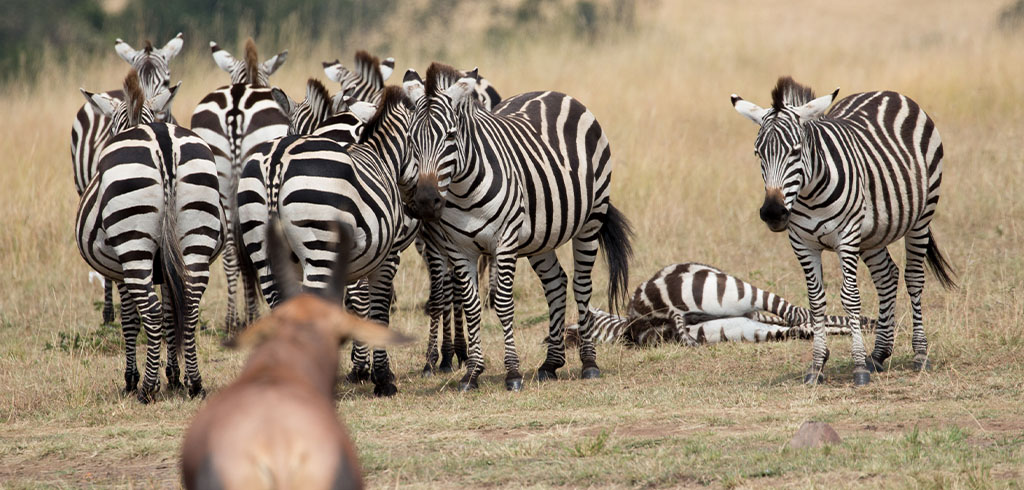
Which is Better for Safari?
The ideal circuit depends on your preferences. The northern circuit is ideal for first-timers seeking iconic attractions, while the southern circuit appeals to those craving off-the-beaten-path adventures.
Ready to Book Your Safari?
Embark on the adventure of a lifetime with our team of Africa Safari Experts. Whether you choose the northern or southern circuit, we’ll craft a tailor-made itinerary to ensure your safari exceeds expectations
Frequency Asked Questions?
When is the best time to visit Tanzania for a safari?
The best time for a safari in Tanzania is during the dry season, from June to October, when wildlife congregates around water sources, making for optimal game viewing.
Are safaris in Tanzania suitable for families?
Yes, Tanzania offers family-friendly safari experiences with accommodations and activities tailored to children, ensuring an unforgettable adventure for the whole family.
What should I pack for a safari in Tanzania?
Pack lightweight, neutral-colored clothing, a wide-brimmed hat, sunscreen, insect repellent, sturdy walking shoes, binoculars, and a camera to capture the magic of your safari.
Is it safe to go on safari in Tanzania?
Tanzania is generally safe for safari-goers, with experienced guides ensuring your safety throughout the journey. However, it’s essential to follow their instructions and adhere to park regulations.
Can I combine both the northern and southern circuits in one safari trip?
Absolutely! Combining both circuits offers a comprehensive Tanzanian safari experience, allowing you to explore a diverse range of landscapes and wildlife habitats.
Start Planning your safari?
Whatever you want your tour or safari itinerary to include, we’ll design it specifically for you..

